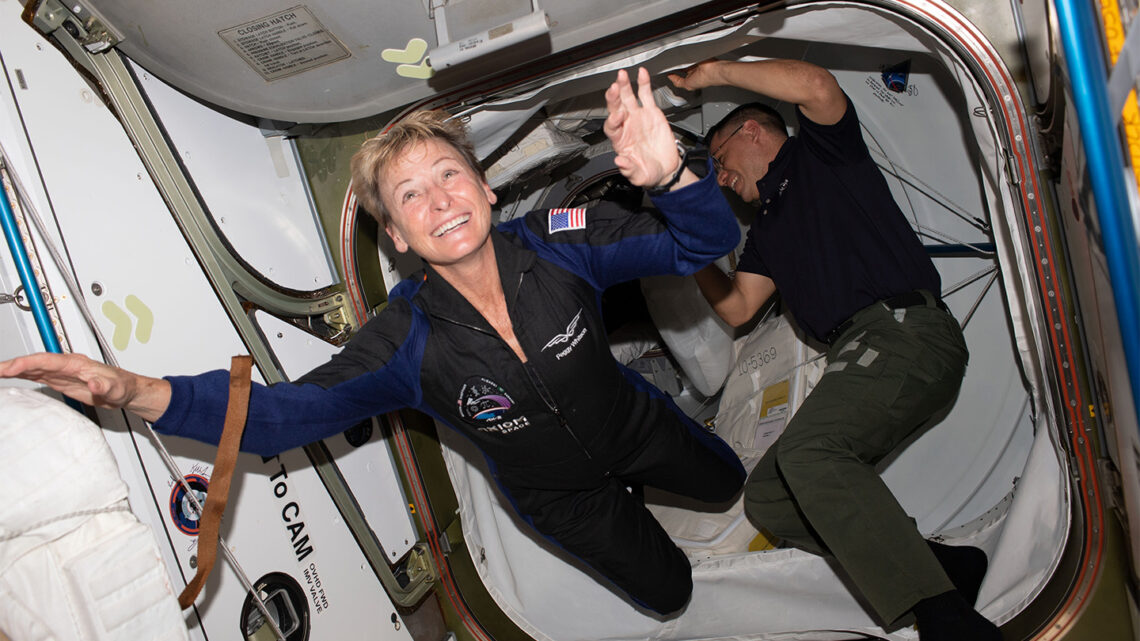aerospace: A research field devoted to the study of Earth’s atmosphere and the space beyond or to aircraft that travel in the atmosphere and space.
astronaut: Someone trained to travel into space for research and exploration.
biology: The study of living things. The scientists who study them are known as biologists.
cancer: Any of more than 100 different diseases, each characterized by the rapid, uncontrolled growth of abnormal cells. The development and growth of cancers, also known as malignancies, can lead to tumors, pain and death.
cell: (in biology) The smallest structural and functional unit of an organism. Typically too small to see with the unaided eye, it consists of a watery fluid surrounded by a membrane or wall. Depending on their size, animals are made of anywhere from thousands to trillions of cells.
colleague: Someone who works with another; a co-worker or team member.
commercial: An adjective for something that is ready for sale or already being sold. Commercial goods are those caught or produced for others, and not solely for personal consumption.
Congress: The part of the U.S. federal government charged with writing laws, setting the U.S. budget, and confirming many presidential appointments to the courts, to represent the U.S. government interests overseas and to run administrative agencies. The U.S. Congress is made of two parts: the Senate, consisting of two members from each state, and the House of Representatives, which consists of a total of 435 members, with at least one from each state (and dozens more for the states with the biggest populations).
data: Facts and/or statistics collected together for analysis but not necessarily organized in a way that gives them meaning.
database: An organized collection of related data.
develop: To emerge or to make come into being, either naturally or through human intervention, such as by manufacturing.
DNA: (short for deoxyribonucleic acid) A long,…
Read the full article here







